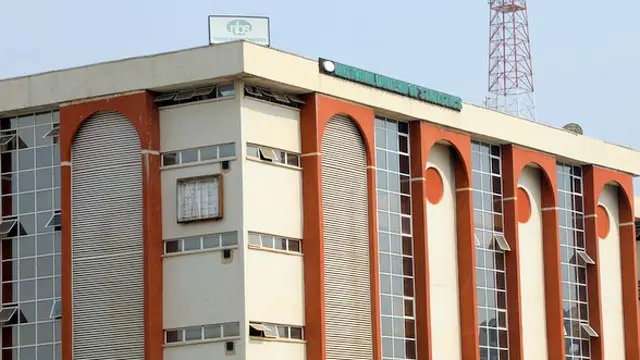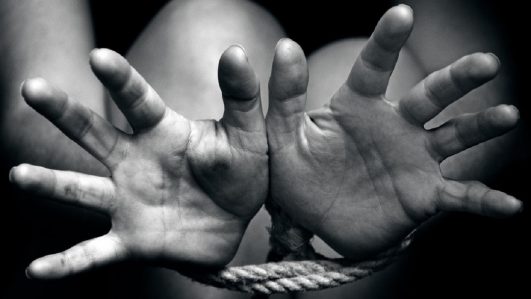In an apparent reflection of the multidimensional poverty in the country and the impact of continuous reduction in the purchasing power of Nigerians due to rising prices of goods and services, two-thirds of households in the country lack money to eat healthy, nutritious food, a survey by the National Bureau of Statistics, NBS has revealed.
The survey also showed that households in the country experience 6.7 power blackouts every week.
The NBS survey titled, “Nigeria General Household Survey – Panel (GHS-Panel) Wave 5 (2023/2024). examines demographics, education, and health trends in Nigeria, comparing data from Wave 4 (2018/19) and Wave 5 (2023/24).
On food insecurity, the survey report stated: “Approximately two out of three households indicated being unable to eat healthy, nutritious or preferred foods because of lack of money in the last 30 days.
Similarly, 63.8 per cent of households ate only a few kinds of food due to lack of money, 62.4 percent were worried about not having enough food to eat, and 60.5 percent ate less than they thought they should.
“Between Waves 4 and 5, the proportion of households that reported being worried about not having enough food to eat because of lack of money increased significantly, from 36.9 percent to 62.4 percent.”
On access to energy, the NBS survey revealed that “82.2 percent of urban households have electricity, compared to 40.4 per cent in rural areas.
Nigerian households face an average of 6.7 power blackouts weekly.
“Cooking typically involves traditional three-stone stoves (65.0 percent), primarily using wood as fuel (70.2 per cent), but with use of liquefied petroleum gas (LPG) rising significantly.
“Many households lack toilet facilities and rely on tube wells or boreholes for drinking water. Waste disposal is mostly informal, with 45.6 percent of households using bushes or streets.”
On asset ownership, the survey revealed that, “Overall asset ownership has declined since 2018/19. However, two-thirds of households have mobile phones, and about 21.3 percent access the Internet.
“The survey shows that 70.4 percent of households own their homes, with rural ownership at 80.1 percent, compared to 49.1 per cent in urban areas.







